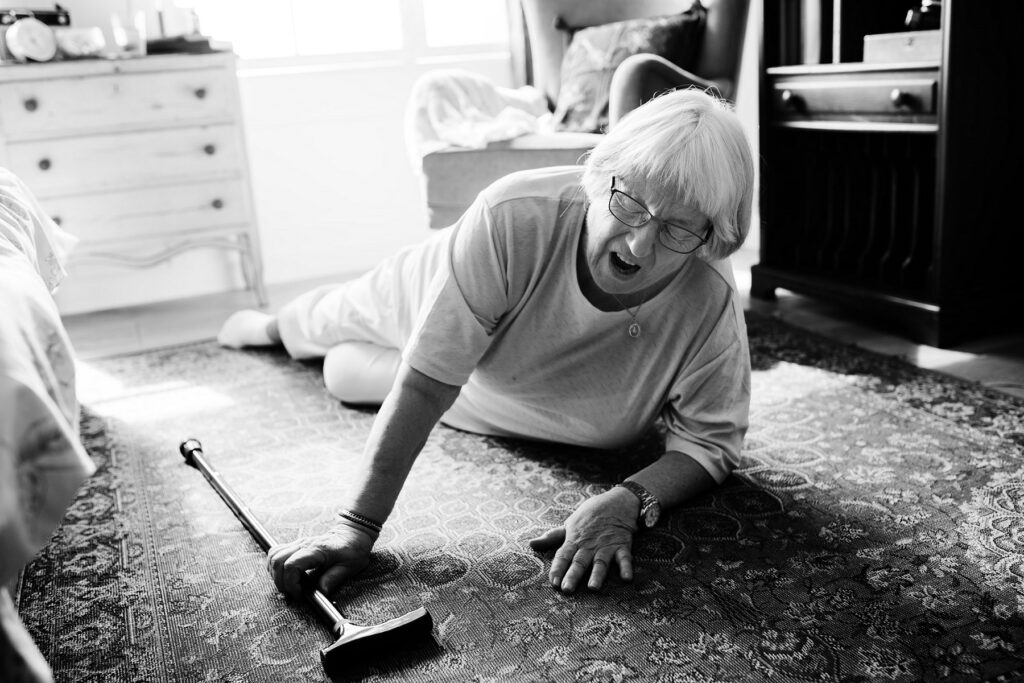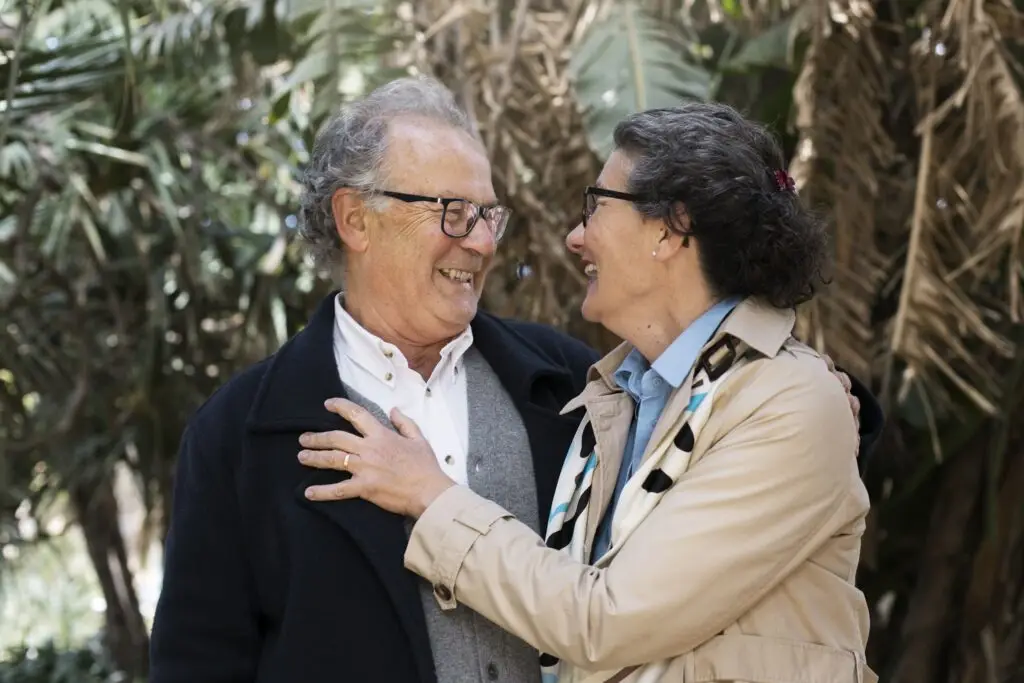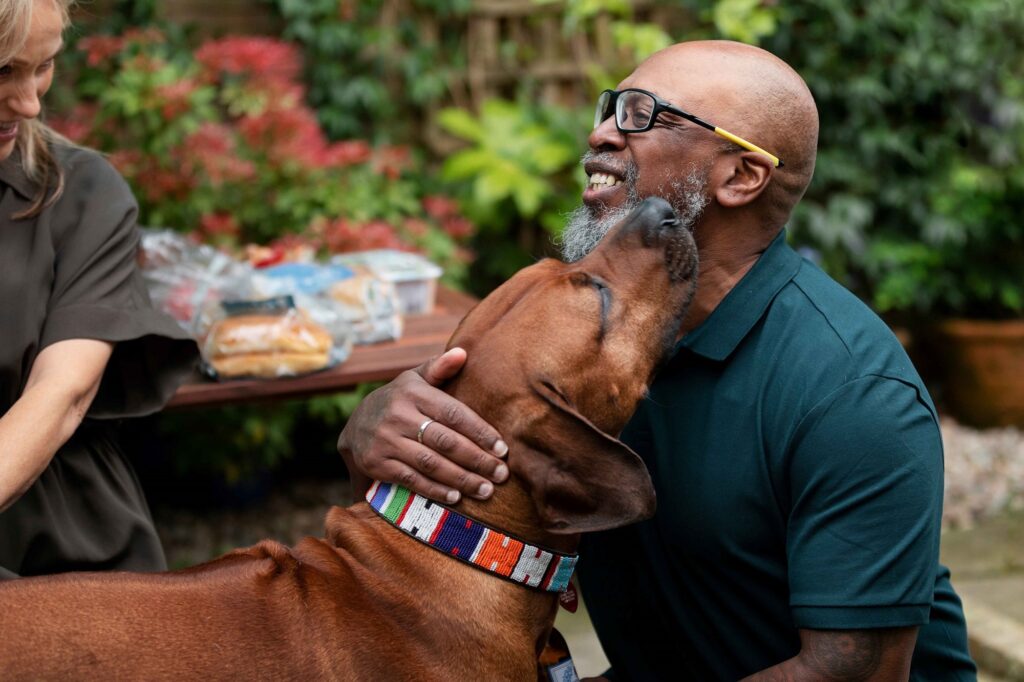Falls are a common problem for older adults.
In fact, one in three adults aged 65 and older falls each year. Falls can lead to serious injuries, such as broken bones, head trauma, and even death. However, there are several things that you can do to prevent falls at home.
- Make your home safer:
- Remove tripping hazards: Remove any loose rugs or cords that could cause you to trip.
- Install handrails: Install handrails on stairs and in the bathroom.
- Use non-slip mats: Use non-slip mats in the bathtub and shower.
- Improve lighting: Make sure that your home is well-lit, especially at night.
- Consider installing nightlights in hallways and bathrooms.
- Use assistive devices: If you have difficulty walking, use a cane or walker.
- Exercise regularly:
Exercise can help to improve your balance, strength, and coordination.8 Aim for at least 30 minutes of moderate-intensity exercise most days of the week.
- Eat a healthy diet:
Eating a healthy diet can help to maintain your bone health and muscle strength.
- Get regular checkups:
See your doctor regularly for checkups. Your doctor can identify any medical conditions that could increase your risk of falling.
- Take your medications as prescribed:
Some medications can cause dizziness or drowsiness, which can increase your risk of falling.
- Be aware of your surroundings:
Be careful when walking on uneven surfaces, such as sidewalks and driveways.
- Use a fall alarm:
A fall alarm is a device that you can wear that will alert a caregiver if you fall.
- Make your home more accessible:
If you have difficulty getting around your home, you may want to make some modifications, such as installing grab bars in the bathroom and shower.
- Join a fall prevention program:
Many communities offer fall prevention programs that can help you to learn how to prevent falls.
- Talk to your family and friends:
Let your family and friends know about your fall prevention efforts. They can help you to make your home safer and can also be there to help you if you do fall.
Here are some additional resources that you may find helpful:
Please note: This article is for informational purposes only and should not be construed as medical advice. You should always consult with a qualified healthcare professional before making any changes to your health or safety plan.
I hope this article has been helpful. If you have any questions, please feel free to ask.
Other Articles

Illinois Senior Communities
The Clare (Chicago) – A high-rise luxury retirement community in downtown Chicago. The Clare offers a premier retirement lifestyle in the heart of Chicago’s Gold Coast, known for its panoramic

Best Mobile Apps for Brain Training Over 60: 2025 Guide
For seniors and mature adults, keeping the mind sharp becomes just as important as caring for our physical health. Brain training apps are an easy, enjoyable way to stay mentally

Arizona Senior Communities
Robson Ranch (Eloy) – A premier 55+ community offering resort-style living with a focus on active adult lifestyles. Located between Phoenix and Tucson, Robson Ranch is part of the Robson

Understanding Arthritis Progression After 60: Symptoms, Stages, and Treatment Options
Understanding Arthritis Progression After 60: Symptoms, Stages, and Treatment Options Crossing the age of 60 brings with it wisdom, freedom, and often a few unwanted health challenges. One of the
📘 Book Review: Midlife: A Philosophical Guide By Kieran Setiya
What do you do when you’ve reached the halfway point in life—and you’re not sure what it all means? In Midlife: A Philosophical Guide, philosopher Kieran Setiya explores this exact

Easy-to-Use Lavender Diffuser Kit for Adults 60 and Over
A Gentle Way to Relax and Sleep Better As we reach 60 and beyond, sleep can become harder to manage. Many older adults find themselves lying awake at night, waking





